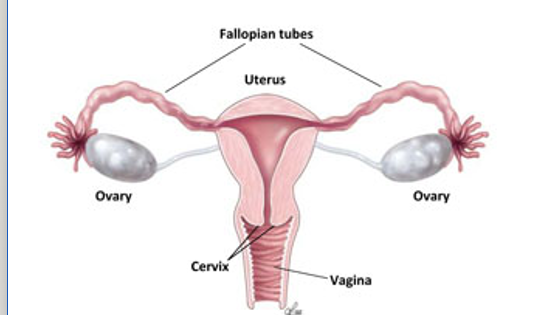Understanding Your Period
A Guide to Menstruation
Have you ever wondered about what happens during a period? You’re not alone! Millions of people experience menstruation daily, and understanding your period in this natural process can help you feel more confident about your body’s changes. Menstruation is a natural process that females experience. Let’s explore this fascinating monthly cycle together!
Understanding Your Period
What is menstruation? Think of your uterus as a cozy nest that your body prepares monthly. During menstruation (a period), your body releases this nest-like lining because it isn’t needed for a pregnancy. The menstrual blood that flows out through the vagina is a mixture of blood and tissue from inside your uterus. Understanding your period is quintessential as a female reaches puberty
The Amazing Monthly Cycle
Your menstrual cycle is like a carefully choreographed dance of hormones – chemical messengers that tell your body what to do and when to do it. Let’s break down the four main phases:
1. The Menstrual Phase (Your Period)
This is when the bleeding happens, usually lasting 3-7 days. During this time, you might experience:
- Cramps (your uterus contracting to release its lining)
- Mood changes
- Fatigue
- Food cravings
2. The Follicular Phase
Think of this as your body’s preparation phase. Your hormone levels increase, causing the lining of your uterus to grow thick and soft. At the same time, tiny sacs in your ovaries (called follicles) start developing eggs.
3. Ovulation
Around day 14 of your cycle, your ovary releases a mature egg – like a game of catch, except the “catcher” is your fallopian tube! You’re most likely to get pregnant if the egg meets sperm.
4. The Luteal Phase
After ovulation, your body waits to see if pregnancy occurs. If it doesn’t, hormone levels drop, and the cycle starts over with your next period.
What’s Normal and What’s Not?
Every person’s cycle is unique, but here are some general guidelines:
- A typical cycle can last anywhere from 21 to 35 days
- Periods typically last 3-7 days
- You usually lose about 2-3 tablespoons of blood during your period
- Most people start their periods around age 12, but anywhere from 8-16 is normal
When to Talk to a Doctor
It’s important to know when something might need medical attention. Talk to a healthcare provider if you:
Haven’t had a period by age 16
- Miss three or more periods in a row
- Bleed for more than 7 days
- Have severe pain during your period
- Soak through a pad or tampon every 1-2 hours
- Pass blood clots more significant than a quarter
Tracking Your Period
Keeping track of your period is like being a detective of your body! You can:
- Mark the first day of bleeding on a calendar
- Use a period tracking app on your phone
- Note any symptoms you experience
- Count the days between periods to understand your cycle length
This information can be helpful when talking to your doctor and planning activities around your period.
Taking Care of Yourself
During your period, your body is doing a lot of work. Here are some ways to take care:
- Stay hydrated by drinking plenty of water
- Get regular exercise (it can help with cramps!)
- Eat nutritious foods
- Understand hormonal balances
- Get enough rest
- Use whatever menstrual products feel most comfortable for you
Final Thoughts
Remember, menstruation is a natural and healthy part of life. Everyone’s experience is different, and that’s perfectly normal! Don’t hesitate to talk to a trusted adult or healthcare provider if you have questions or concerns about your period. Understanding your body helps you take better care of yourself and feel more confident as you grow.
References
* Cleveland Clinic – Menstruation Information & Treatment
* American College of Obstetricians and Gynecologists – Menstruation Guidelines * Note: Always consult with a healthcare provider.
Your Health Team
mybluegenes.com






